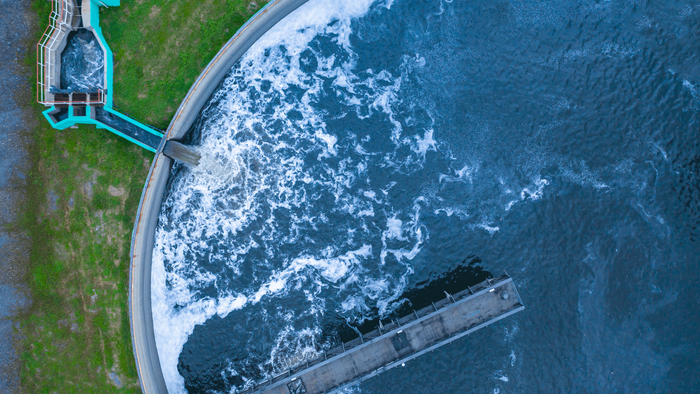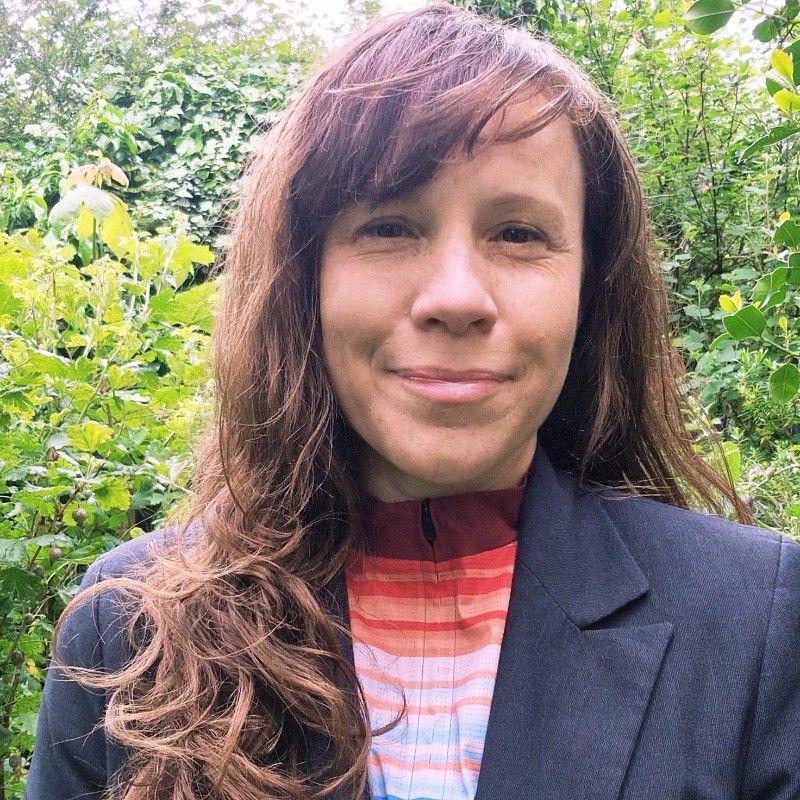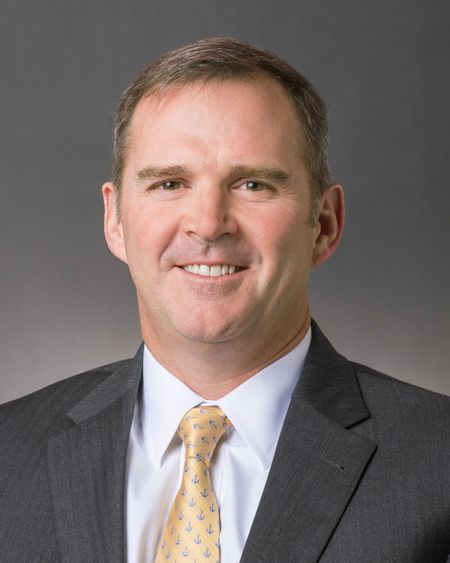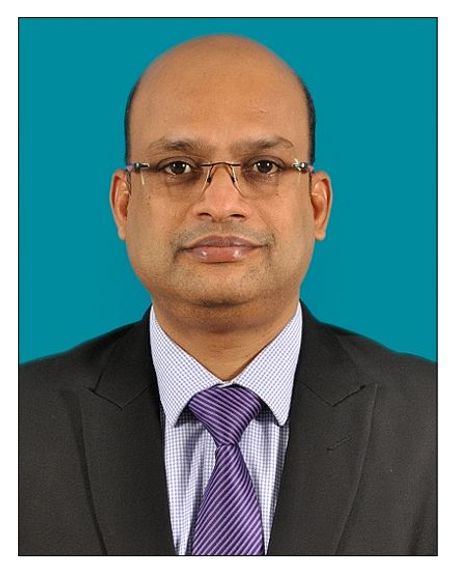IWA Initiative / Climate Smart Utilities
Inspiring and embracing utilities in their climate-transition journey
With urgent action needed on mitigation and adaptation, the International Water Association is calling on utilities around the world, regardless of their size or location, to endorse a shared vision to build momentum for greater progress.

Meet the Climate Smart Utilities Initiative Steering Committee

Amanda Lake
Head of Carbon and Circular Economy

Jose C. Porro
Founder & CEO,Cobalt Water Global

Alexis de Kerchove
Senior Director,Xylem

Charles Bott
Chief Technology Officer,Hampton Roads Sanitation District

Dr Cathy Chunyan Chai
Nanjing Water Group, China

Erika Varga
Wastewater Treatment Specialist,Pure Control

G Balasubramanian
VP & Head – Corporate Centre,Larsen & Toubro Construction

John Emmanuel Martinez
AVP & Head, Sustainability

Natalia Rodrigues Costa Flecher
Environmental Specialist - Climate Change

Nerina di Lorenzo
Managing Director, Managing Director

Sandra Cooke
Director,Canadian Water Network

Sara Bergado
Sustainability Lead,Manila Water
